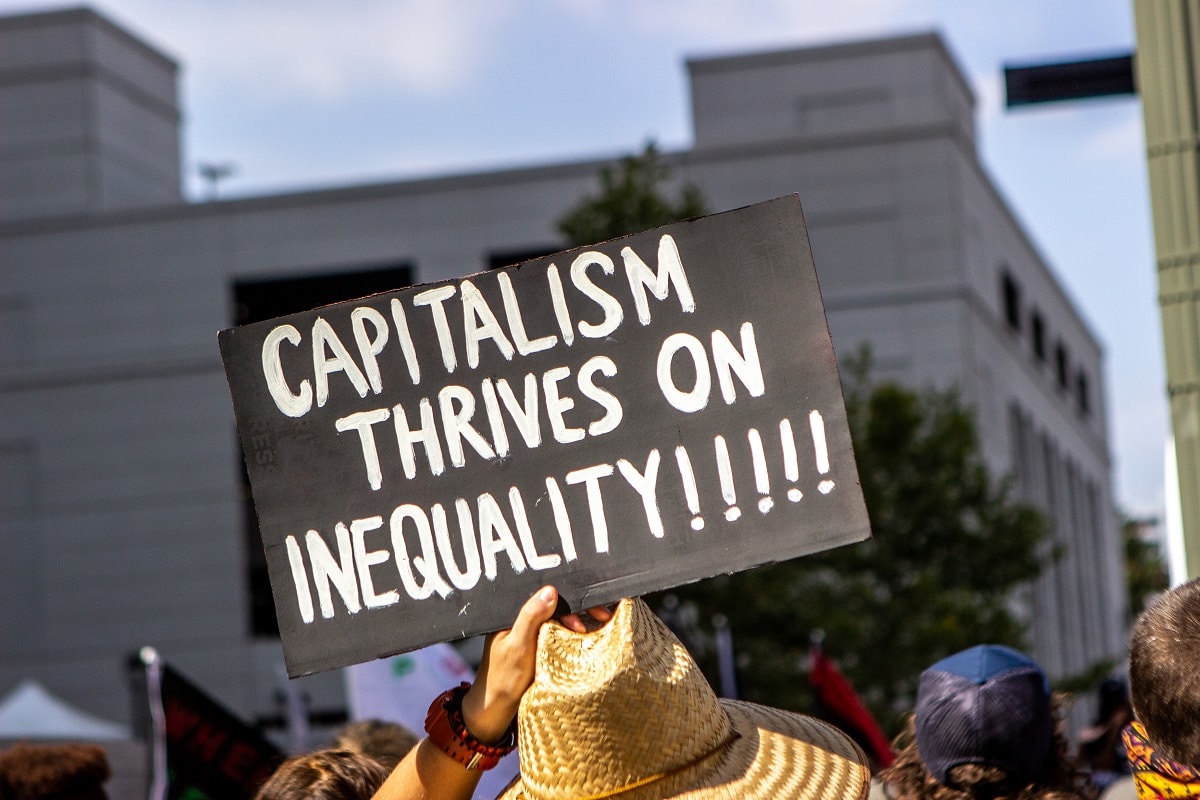Surging Billionaire Wealth
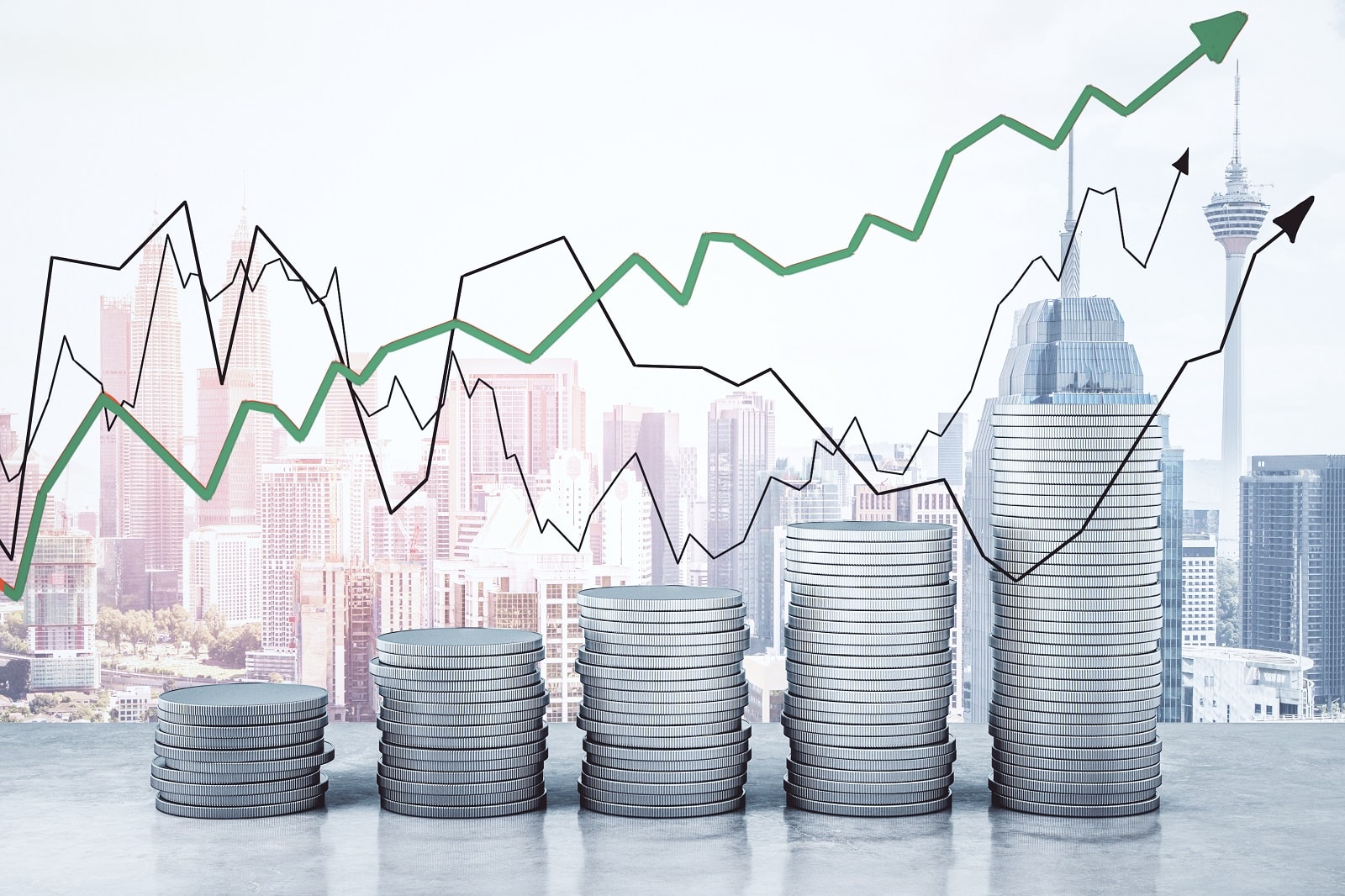
The world’s five wealthiest individuals have seen their fortunes more than double since 2020, now totaling $869 billion.
This dramatic increase highlights a concerning trend of wealth accumulation among the very few.
Global Poverty Deepens

Concurrently, approximately five billion people worldwide have experienced a decline in wealth.
This disparity, exacerbated by the pandemic and other global crises, underscores the growing economic inequality.
Oxfam’s Call for Action
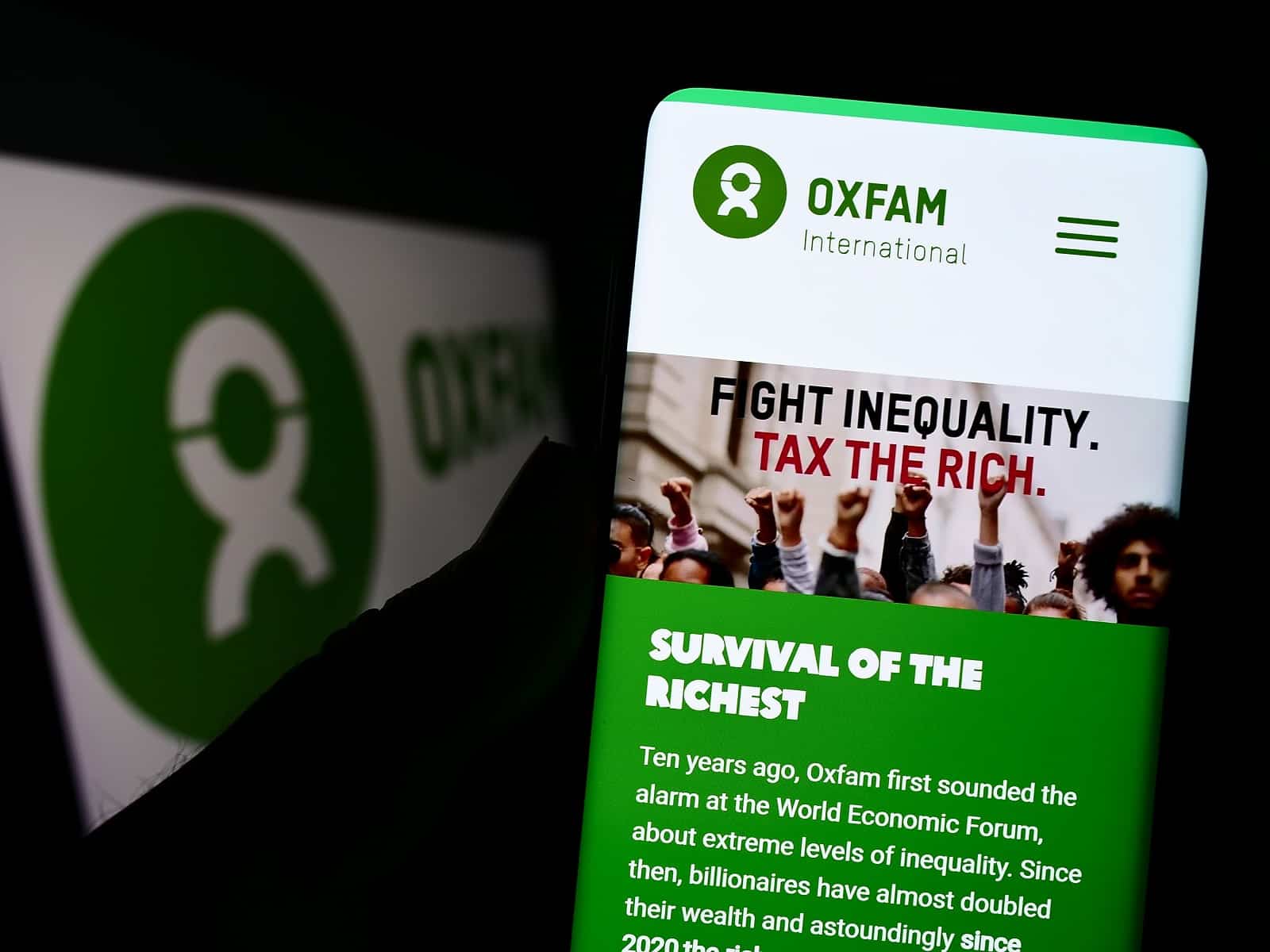
Oxfam, an anti-poverty group, urges governments to address this inequality.
Their recommendations include breaking up monopolies, taxing excess profits and wealth, and exploring employee ownership models as alternatives to traditional shareholder control.
Corporate Profits Soar

The report highlights that 148 major corporations saw a 52% increase in profits, amounting to $1.8 trillion, significantly higher than the three-year average.
This has led to substantial payouts to shareholders despite a widespread cost-of-living crisis.
Wealth at Workers’ Expense

Oxfam’s Executive Director, Amitabh Behar, emphasizes that such inequality is not accidental but a result of a system that prioritizes billionaire wealth over the broader populace.
Davos and Stakeholder Capitalism
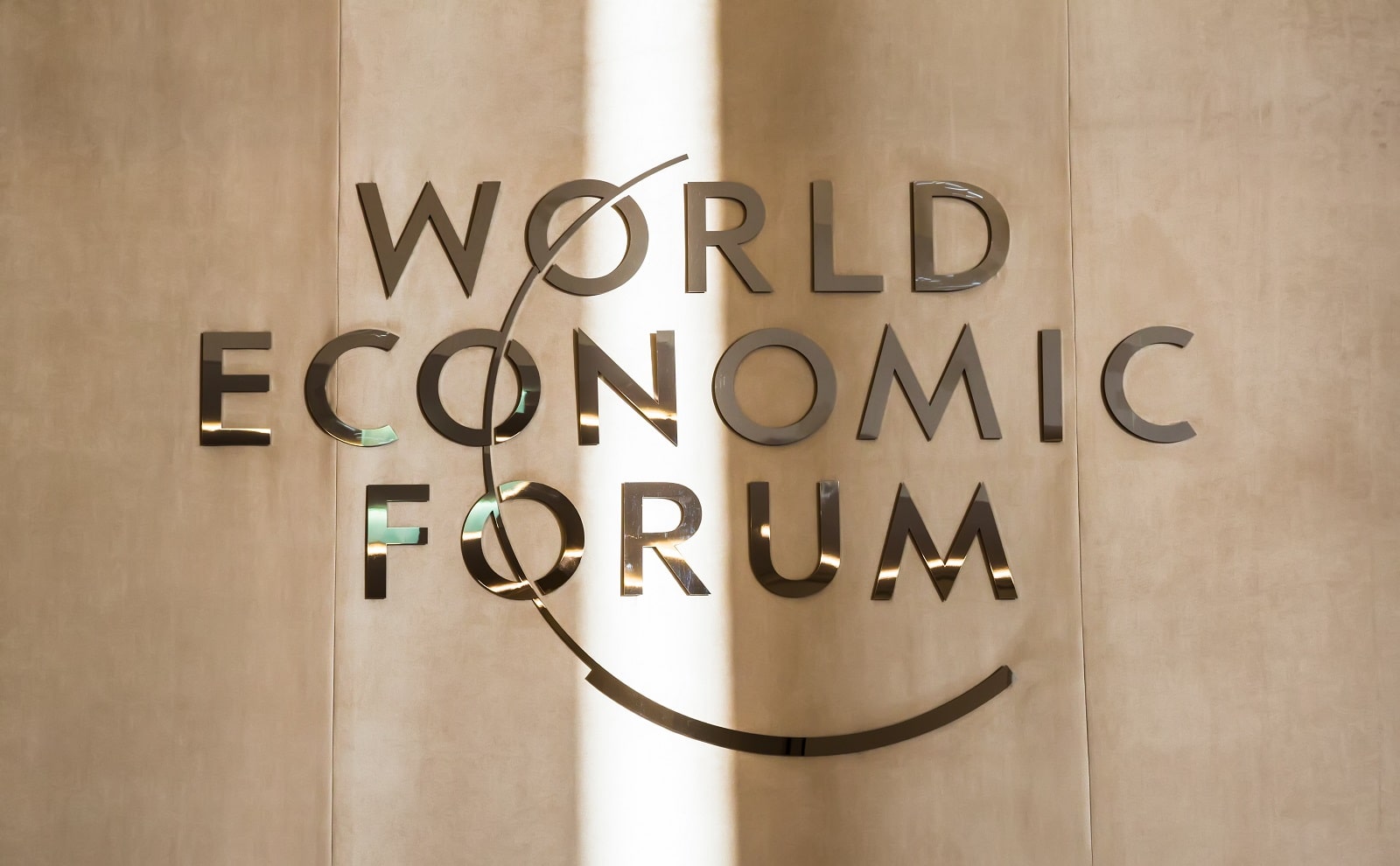
The WEF’s meeting in Davos, originally intended to promote stakeholder capitalism, is now under scrutiny.
This concept suggests corporations should serve broader societal needs, not just profit maximization, but Oxfam’s findings indicate a gap between ideals and reality.
Capitalism’s Extreme Inequality

Max Lawson, Head of Inequality Policy at Oxfam, argues that today’s shareholder capitalism is driving inequality. It prioritizes rich shareholders, neglecting societal needs and contributing to a widening wealth gap.
“What we know for sure is that today’s extreme system of shareholder capitalism, which puts ever-increasing returns to rich shareholders above all other objectives, is driving inequality.”
Billionaires’ Asset Gains
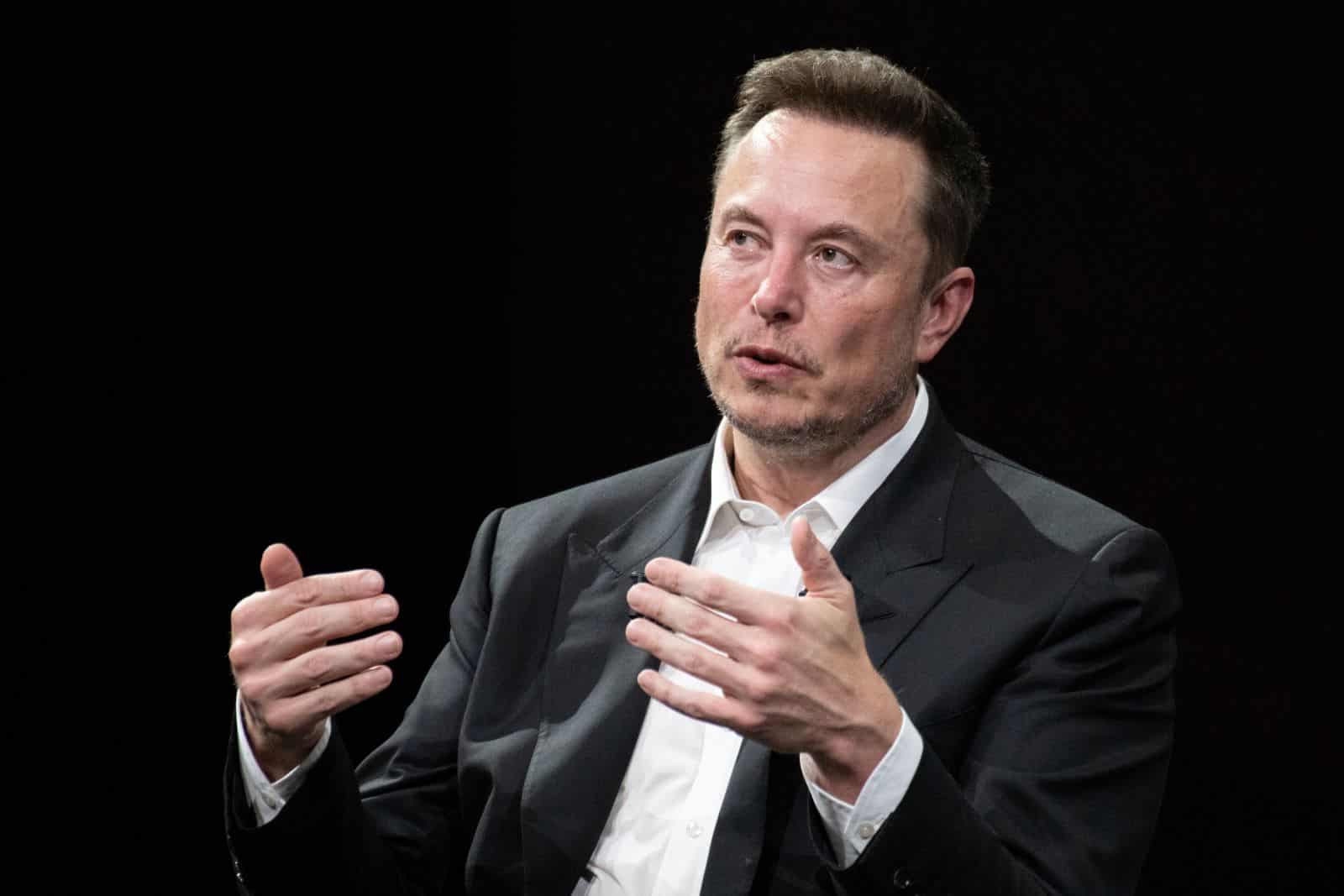
The top five billionaires, including Elon Musk and Jeff Bezos, have seen substantial increases in their wealth. This rise is primarily attributed to significant gains in assets, furthering the wealth disparity.
Workers’ Wage Struggles

Nearly 800 million workers globally haven’t seen wages keep pace with inflation, leading to significant income loss.
This equates to an average of 25 days of lost annual income per worker.
Corporations and Living Wages

A minuscule fraction of the world’s largest corporations have committed to ensuring living wages for workers.
This lack of commitment further exacerbates economic inequality.
Capitalism’s Impact on Average Americans

The current economic structure, heavily skewed towards enriching the wealthy, has profound implications for the average American.
This system often results in stagnant wages, limited opportunities, and a growing sense of financial insecurity for many.
Capitalism and the Wealth Gap

The wealth gap is not just a statistic; it’s a reflection of a capitalist system that often fails to distribute resources equitably.
This reality calls for a reexamination of how wealth and resources are allocated in society.
The Reality of Economic Inequality

The stark contrast in wealth between the richest and the majority points to a deeper issue of economic inequality.
This issue affects everything from access to healthcare and education to overall quality of life.
Corporate Power and Democracy

The concentration of wealth and power in the hands of a few billionaires raises questions about the influence of corporations in democratic processes. There is a growing concern that this imbalance undermines the principles of a fair and equitable society.
Seeking Economic Justice

Oxfam’s report serves as a call to action for governments and societies to pursue economic justice. This includes implementing policies that prioritize the well-being of all citizens, not just the affluent few.
The Role of Governments

Governments play a crucial role in addressing these disparities through policy and regulation. Effective governance can help ensure that economic growth benefits a broader segment of the population.
Future of Capitalism
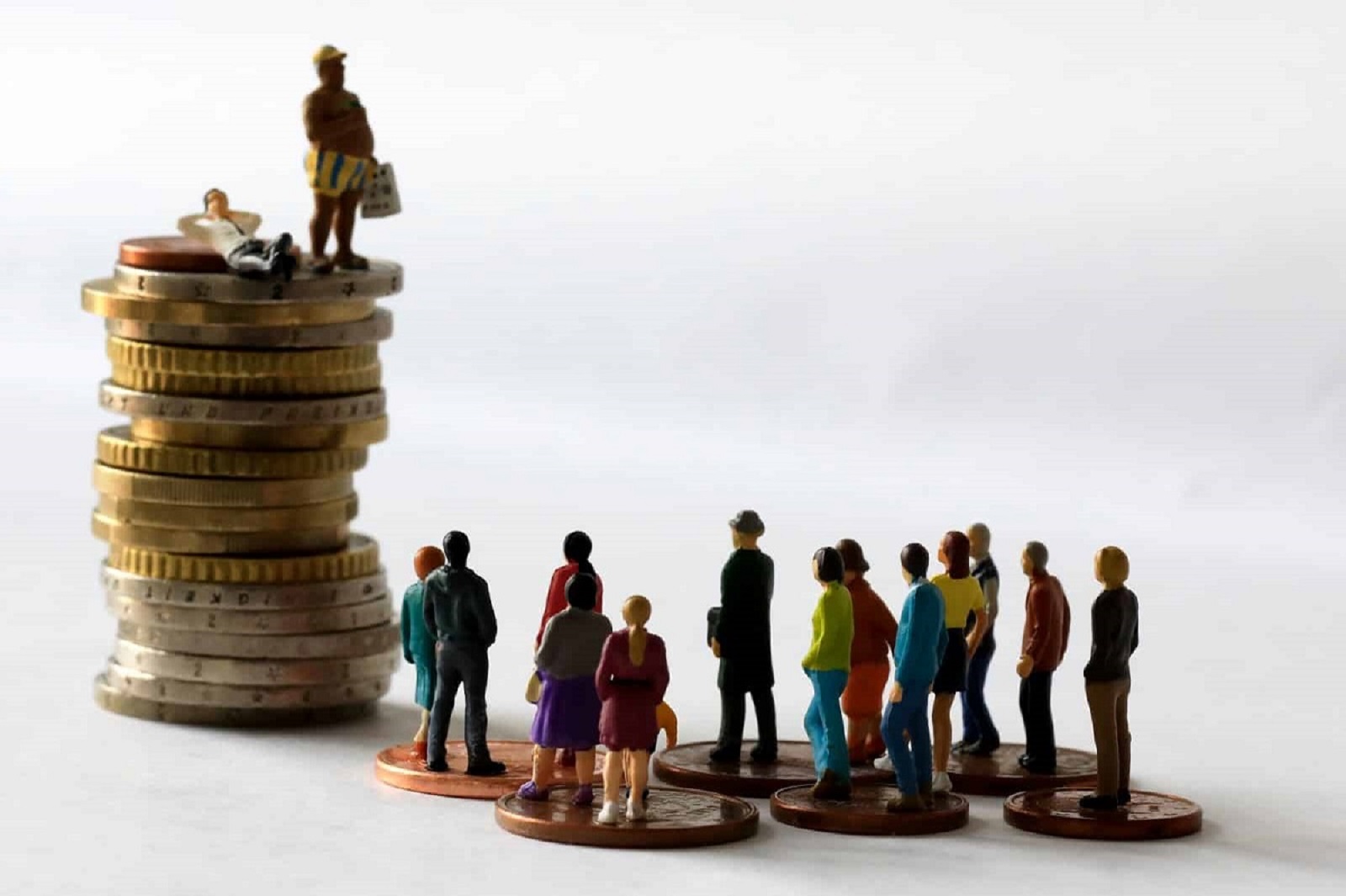
The future of capitalism lies in its ability to evolve and address these systemic inequalities.
A more equitable economic system is not only morally imperative but essential for sustainable growth and social stability.
Urgent Need for Reforms

The data presented at the Davos meeting and by Oxfam offer a critical lens through which to view our current economic system.
It highlights the urgent need for reforms that address the growing wealth gap and ensure a more equitable distribution of resources.
The post Billionaire Boom: Widening Wealth Gap Sparks Concern first appeared on Liberty & Wealth.
Featured Image Credit: Shutterstock / GrandAve.
The content of this article is for informational purposes only and does not constitute or replace professional financial advice.

